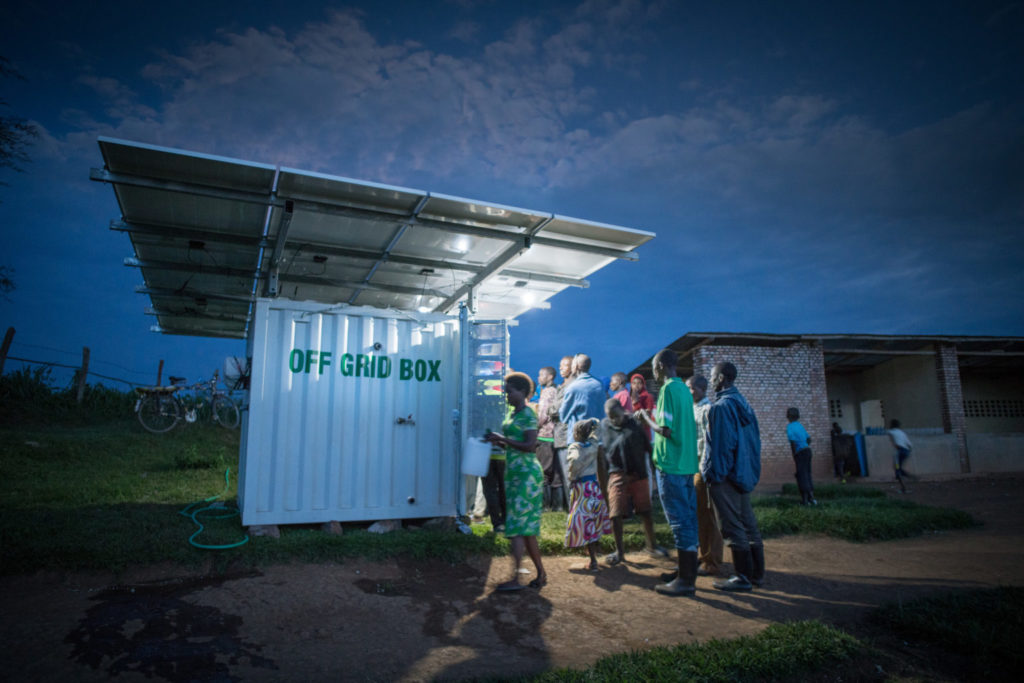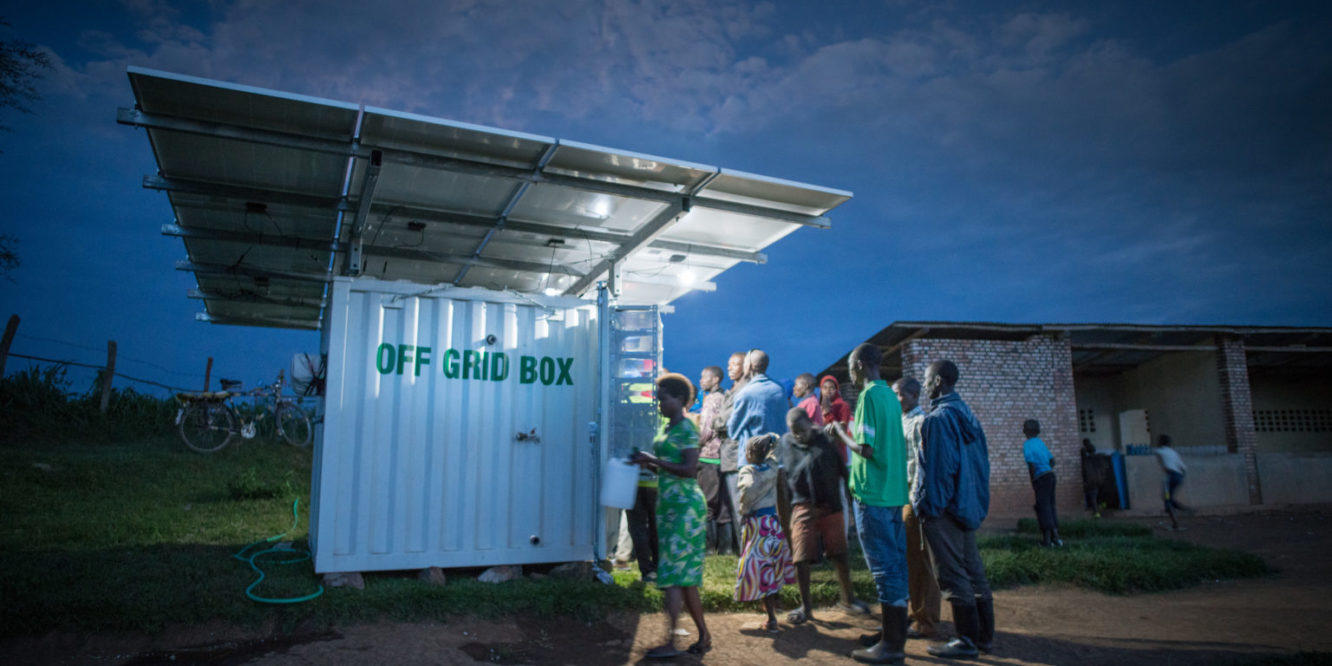
Her tiny satellites Swarm can bring connectivity to the remotest places on Earth. For this reason, Sara Spangelo was nominated among the entrepreneurs of the year 2021 by MIT Technology Magazine. She built Swarm after hearing from hundreds of people who wanted connectivity but couldn’t access or afford it. Her goal is to provide affordable satellite communications services to people and devices in remote regions, making data accessible to everyone, everywhere on Earth.
Today, nearly 90% of the Earth’s surface does not have cell or WiFi connectivity. 41 billion IoT devices are expected to come online by 2027, many in areas without cell or WiFi infrastructure, leaving satellite connectivity as the only option. But the satellite data market traditionally suffers from costly data services, expensive and large hardware, and a painful customer experience. Swarm aims to disrupt the satellite communications industry with affordable, easy-to-use products.
The aim is to use satellite technology to help solve some of the world’s most pressing problems. A few applications include improving agricultural efficiency and decreasing waste by keeping IoT devices connected in even the most rural locations. It allows disease and pest pattern tracking, soil and crop storage monitoring among other uses. The low-cost global network may also be applied for maritime use, to connect more devices to collect critical data for emergency response, to monitor environment data, or guarantee the temperature of vaccines in cold-chain transport.
The data connection uses the VHF radio spectrum that offers limited transfer rate of only 1 kilobit per second, similar to 1990s dial-up. The data transfer may be slow for broadcasting, but is enough to transmit highly useful packets of information from the world’s most isolated places.
In remote villages across East Africa, clean water and electricity are often difficult to come by. Drinking from local water sources such as lakes can easily result in waterborne diseases, and water is too heavy to carry long distances. Likewise, without a local power grid, it can be difficult to keep the lights on and mobile phones charged. A Boston-based company OffGridBox is making locally-generated clean water and power more accessible and using Swarm to provide affordable data transfer.

